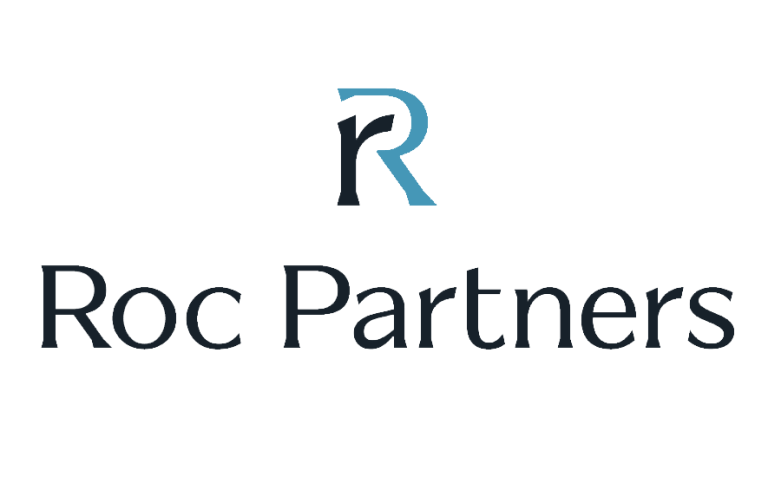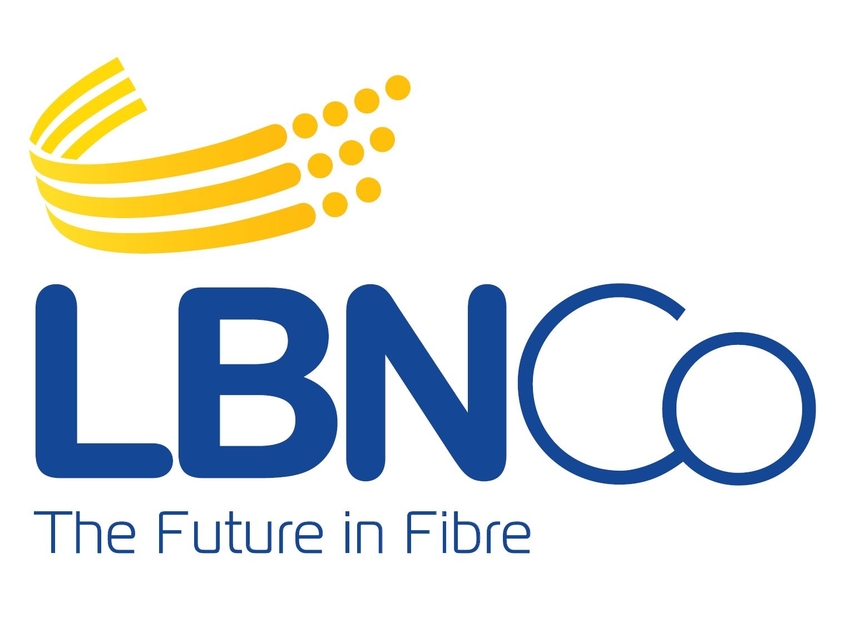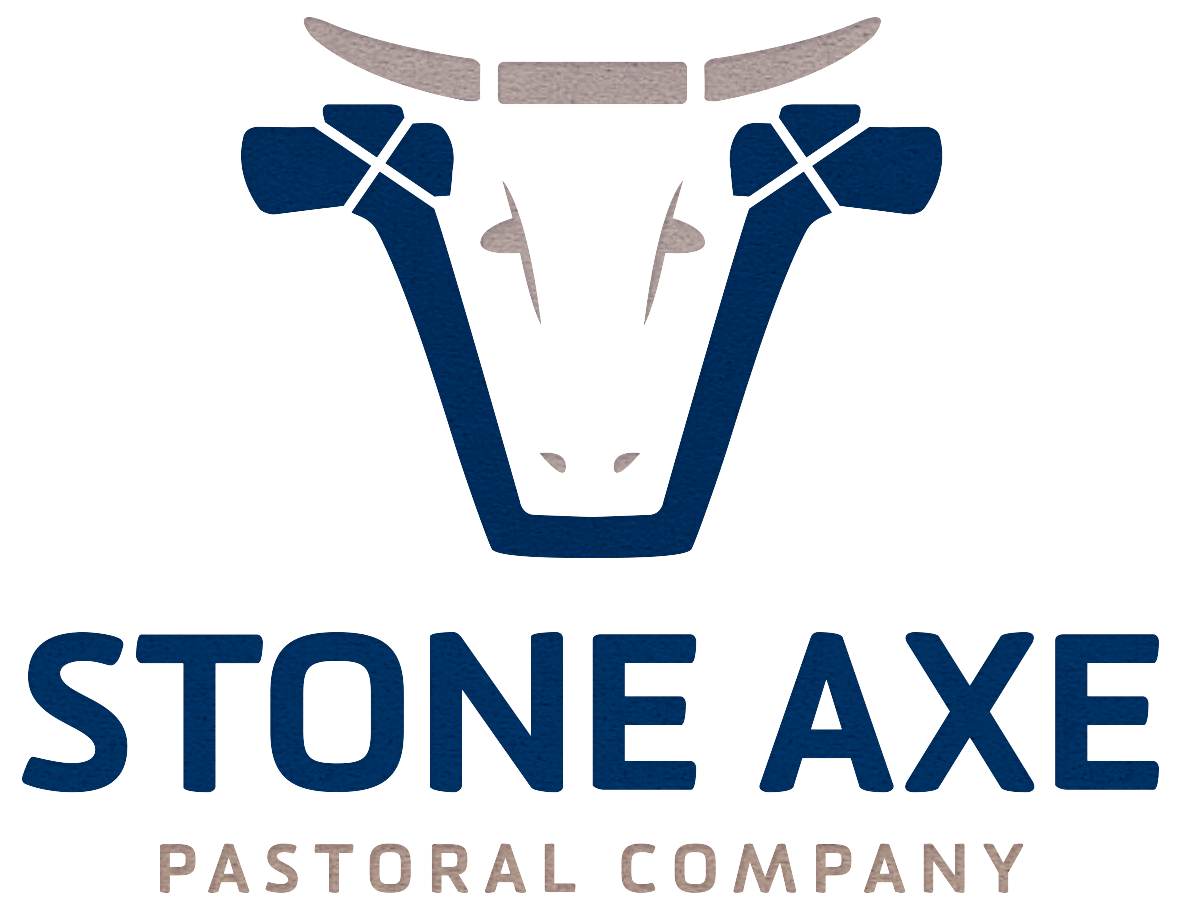Sam Bayes: Mike, can you tell me from your perspective what you think the key ESG highlights are for FY23 from a Roc Partners organisational level?
Mike Lukin: Yeah sure, Sam, there's plenty to speak of in that space. So firstly, we had 100% increase in our size of our ESG team, so we welcome Jenna to the team this year. So great to have both you and Jenna full-time on board in the organisation driving a lot of that stuff within the investment team. So I think that's something we're really excited about and continuing to see more and more leverage out of what we're doing there.
Interestingly also we formalized our advisory board as well, so we've set up an advisory board within Roc of four very high-profile individuals. Across politics, economics, sustainability.
And we're fortunate enough to have one of the leaders in sustainability in the institutional market, Fiona Reynolds, join our board. We're really excited to have Fiona there. And I think if you asked anyone in the funds management space, whose the icon of sustainability in the Australian market would be Fiona.
We've also gone carbon neutral. We've got our climate active certification. So both, big milestones for the business and really putting money where our mouth is around how we think about this stuff.
Putting the rigor and discipline around it and to get that externally certified has been fantastic.
Sam Bayes: And that was for a second year in a row, cause we got climate active certification last year, second year we've done that purchase really high quality nature-based offsets from Viridious Capital.
Mike Lukin: Yeah.
Sam Bayes: And I love the fact that the offsets that we buy are Nature-based and aligned with our agriculture investment portfolio. It's a really positive story.
Mike Lukin: Yeah, yeah. No, it's terrific. And then, I know it was a lot of work, but we finished our first UN PRI transparency report. I think a lot of funds managers will put out there that they're UN PRI certified, or at least have signed up to UN PRI.
And as the bar keeps lifting, we need to kind of make sure that we continue to be compliant with being able to say we're an UN PRI signature.
Sam Bayes: Agreed.
Mike Lukin: So I think they're probably some of the key highlights, that I would call out this year from a Roc Partners perspective. But maybe Sam, what have we been doing with portfolio companies? Roc’s one part of the equation, but where we really leverage our capability and our
our ability to make an impact is with our portfolio companies.
Sam Bayes: That's where the fun really starts. Some of my key takeaways for FY23 is 100% of our direct portfolio companies had an ESG due diligence undertaken.
Mike Lukin: Yeah. Brilliant.
Sam Bayes: So during the investment process, whether that was Jenna and I doing the due diligence in-house, if we outsource that to a third party, 100% of those port-co’s had that DD and then what comes off the back of that is a strategic action plan that we co-develop with the portfolio companies.
Mike Lukin: Yeah. Fantastic.
Sam Bayes: So any risks or opportunities that are identified during DD then filter through to that plan. 42% of our direct portfolio companies had carbon baseline assessments undertaken, and 17% have either signed a contract or on the process of completing that assessment.
And that really isn't an easy process during your first baseline year. So that has been really pleasing. And just on the carbon assessment point of view, if I reflect on why do we ask our port-co’s to do that, we really think it's an important step to actually understand in order to drive down emissions within a portfolio company, you have to understand what those emissions are. Direct emissions, indirect emissions, which are more your scope three. Harder to measure, harder to manage.
And we actually partnered with a brilliant organisation called Carbon Friendly. They specialize in undertaking baseline carbon assessments for agriculture portfolio companies.
They're working with quite a few of our port-co’s at the moment and really they look at how can we actually drive emissions year on year and completely decrease emissions profiles.
And if I look at one of the businesses they've worked with, Lachland River Almonds and 555Superfood, when 555 first did their baseline carbon assessment in 2019 and then redid the assessment in FY21, there was a 50% decrease in emissions.
And that would be testament of the hard work that that portfolio company has done to actually say, well, what are the on-farm practices that we can do to drive down emissions?
And then for LRA, it was what that carbon assessment found is that business is actually net carbon negative.
Mike Lukin: Yeah. So fantastic.
Sam Bayes: They suck carbon out of that atmosphere more than they emit and carbon friendly is working with our other port-co’s to actually start that process.
And then switching tact a little bit to looking at modern slavery, the regulation in Australia is currently under review. But certain businesses, if they have a revenue threshold of over $100 million, they have to complete a modern slavery statement.
But it's really pleasing to see that our portfolio companies that even could be below that revenue threshold are really keen to actually understand what is modern slavery risk. And what we find with our port-co’s, many of them can be small, they don't have dedicated ESG professionals.
So Jenna and I go back to our consulting routes and actually go and we feel that we become part of those teams for a short while.
And we did a fun trip to Adelaide and worked with Kelly Tillage. And we've established a four step moderns slavery approach.
And the first part of that process is actually just an education workshop for the board members and the rest of the team to understand what is modern slavery and what do the risks look like and where now supply chain, tier one, tier two, tier three, do those risks lie?
The second step is actually undertaking a formal risk assessment process.
So now that we understand what it is, like where are the hotspots and where do we need to focus. Formalizing that risk assessment process, so is it the procurement team? Is it the senior leadership team? Which teams are actually going to manage and monitor this going forward?
And then that fourth step is reporting.
So how do we develop a voluntary or mandatory modern slavery statement and then review that year on year.
Mike Lukin: And how are you finding the portfolio companies responding? I guess what I'm seeing is more and more, as we unpick what we're trying to do with them in ESG, the more they buy in.
And so just your ability and Jenna's ability to communicate with our portfolio companies around why this is important, why we are doing this, as an additional part of running the business, how are you finding their response and their engagement?
Sam Bayes: Very well received.
Mike Lukin: Yeah, terrific.
Sam Bayes: And I think it's interesting because any new portfolio companies that we onboard, part of that due diligence process is how receptive is management to ESG improvement. We would not partner with businesses that don't see the value in ESG integration. So that alignment with new port-co’s is already there.
So that interaction is really easy.
But I look at historical investments that were made even before Jenna and I arrived. The word that I would use is relief. Like, they always just really so welcoming and so happy to have ESG experts loose terms sometimes. Come on board and actually help them formalize the process because often they're being pulled in a million different directions.
They know they have to start, they know they want to do something, but they don't know firstly what ESG is, which factors they need to focus on.
So really incredible engagement with the portfolio companies and that buy-in is the most important process, and I think that's facilitated by the Roc deal team members and the board members always having mine and Jenna's back. So it's positive from the Roc side, positive from the portfolio company side.
Mike Lukin: Yeah. Fantastic. That's great to hear.
Sam Bayes: Mike, can you talk me through how Roc Partners is thinking about our broader investment themes in light of the Australian government's net zero target by 2050, there's a 43% reduction target by 2030. Has that changed the way that you think about our investment themes?
Mike Lukin: Yeah, no, absolutely Sam, and I think it comes back to what we look for in our direct investment strategies is, we're looking for businesses that are going to grow faster than the overall economy. So if you think about the regulatory change, you think about the groundswell momentum behind climate, you think about just where corporates are moving more generally across the world. This absolute need for reducing our carbon footprint and move to renewables and the like. Businesses in this climate carbon transition industry are going to grow so quickly over the course of the next decade.
They're going to be supported by regulatory and government tailwinds. They're going to see great customer uptake.
And so you think about it from putting it back into an investment perspective and you go, well, the supply demand equation here is firmly in the favor of making this investment because the overall, industry dynamic is so positive.
So we've been looking in that. And the great thing is we're starting to see more and more opportunities in space.
We're lucky enough to have completed a couple of investments over the last year, that are really focused on that carbon space and that climate change space and just highlighting a couple Viridios Capital, really building a platform by which some of the emitters can work with really localised groups around offsetting their carbon footprint. And how Viridios helps to make that happen through consulting, through trading,
through origination of these projects. We're really excited to be partnering with Eddie and the team there on their growth journey.
The quality of organisations globally that are working with a group like Viridios is terrific. And we talk about the environmental aspects of what we're doing in carbon, but also the social aspects and how we're improving the quality of life for a lot of people on the ground with some of these projects are being supported.
Sam Bayes: I know the key focus of the team when looking at those local projects to support is the co-benefits that will flow through to the local communities. I've seen the due diligence questionnaires, they go on site and actually visit these countries.
That is a key focus of the projects they select.
Mike Lukin: And I think people don't fully appreciate, unless you're in the market, that carbon credit isn't a carbon credit, there are not a uniform of what's the price of oil today. These co-benefits are so important. And then, how you align your business and how you want to think about your business. Do you want to just buy the cheapest carbon credits that maybe are less high quality or do you want to buy something that's high quality, high integrity with strong co-benefits?
And you get this curve that people are operating across. And obviously as Roc Partners we want to operate at that end of the curve, but then we're also, we have seen the work that Carbon Friendly, for example, has done and we've made an investment with Carbon Friendly to help them on their growth journey. As more and more investors in agriculture are looking at how do they deploy resource and expertise to help them measure their own carbon footprint, are there opportunities for carbon sinks within their kind of agricultural land?
You know, you talked about LRAA great example there where we're growing lots of trees. They're taking carbon out of the atmosphere and great. I don't think if you talk to management on the ground, they would've ever put two and two together, which is actually these trees are, there's a carbon benefit here. So working with groups like that have been fantastic for us, and we're great to make an investment there with Carbon Friendly.
Sam Bayes: Agreed.
Mike Lukin: And then we've just kicked off our Silva Capital strategy. So this is a joint venture with C6 investment management, one of the leaders in environmental planting and carbon projects around Australia. Raf Wood has been known in the industry for a very long period of time great to get Silva off the ground, really focused on how do we bring carbon farming and agriculture together in a way that adds value for both groups. So, we're looking at a number of projects at the moment where we'll be doing a lot of environmental planting on those, really making an assessment of where do we want to plant? How much canopy carbon do we need? In order to make an optimal carbon revenue stream off the farm.
But then also obviously running of low carbon practices with our agriculture strategy on those. So, we're really excited about that joint venture and the partnership there. And you'll hear more about what we're doing there over the course of FY24 with both investors and opportunities coming down the pipe.
Sam Bayes: And I think just to add to that, Mike, where Roc really puts its money where its mouth is, is the hiring of a origination expert this year. And I know Jenna and I love working with Lincoln.
And the businesses that he sees within the broader sustainability space. Jenna and I will always attend those first meetings where he's having that kickoff meeting with the management team and he's really aligned on what Roc’s responsible investment policy is, what mandates we have from institutional super funds. And just seeing him really excited about making, trying to help find investments within that space. Has been really exciting this Year.
Mike Lukin: No, it's terrific. That's great.
Sam Bayes: Thanks.




